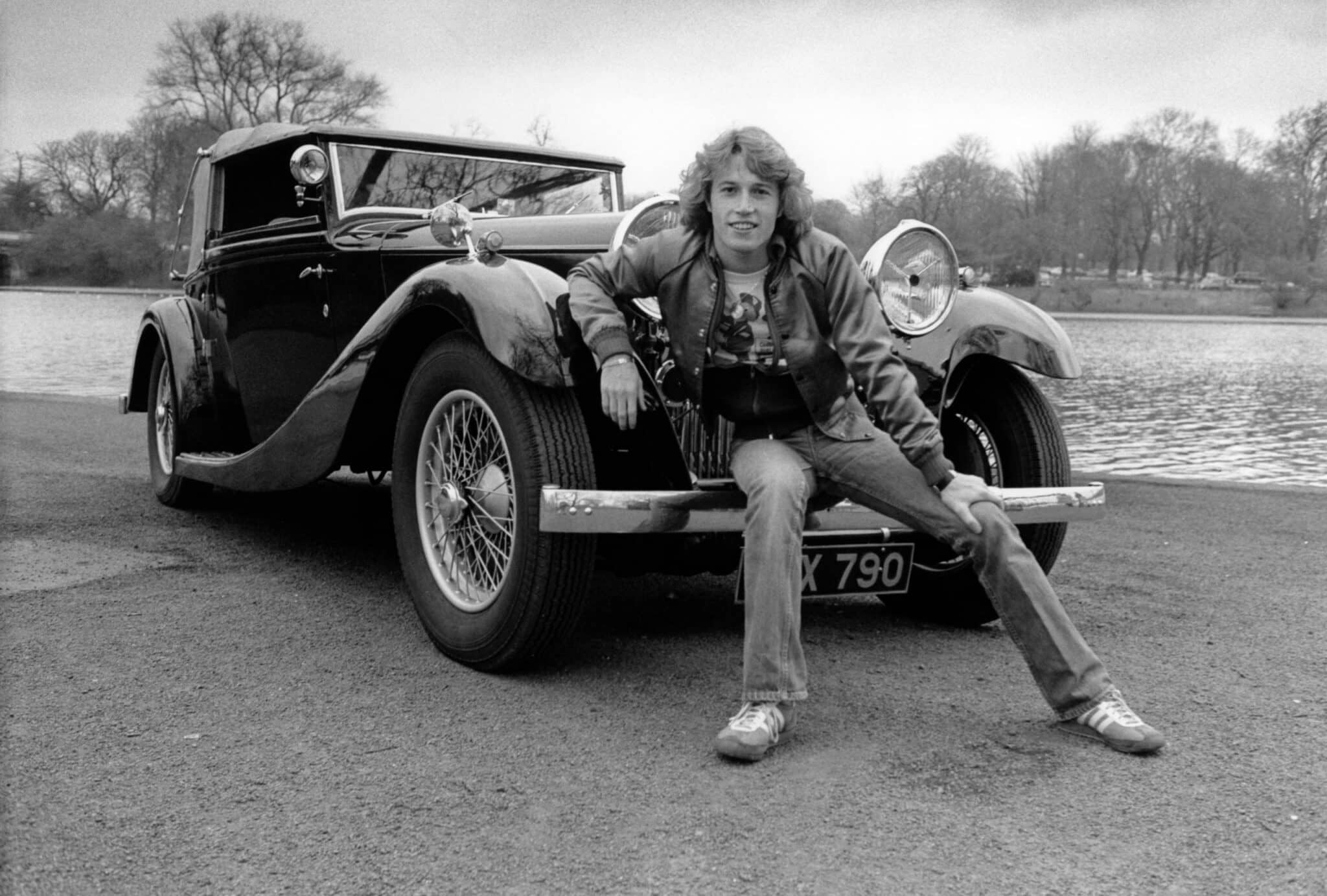
A Timeless Plea for Love’s Redemption
In the vast tapestry of music from the late 1970s, Andy Gibb‘s “(Our Love) Don’t Throw It All Away” emerges as a poignant testament to the complexities and enduring nature of love. Released in 1978 as part of his second studio album, “Shadow Dancing,” this track quickly carved a niche in the hearts of many, peaking at number 9 on the Billboard Hot 100 chart. Its gentle yet earnest plea resonates with anyone who has ever stood at the precipice of lost love, beseeching for a second chance.
The late Andy Gibb, the youngest sibling of the legendary Bee Gees, was no stranger to the spotlight. With his innate charm and striking vocal talent, he captivated audiences worldwide. Yet, behind his radiant smile lay a life marked by turbulence and trials. The song, penned by Barry and Robin Gibb, is imbued with a sense of urgency and vulnerability—a reflection not only of Andy’s personal struggles but also of universal truths about love’s fragility.
“(Our Love) Don’t Throw It All Away” is more than just a melody; it’s a narrative woven with threads of longing and introspection. The lyrics speak to the heartache of seeing something precious slip away and the desperate hope to reclaim it. For listeners who experienced their own romances during this era, the song evokes a cascade of memories—first dances, whispered promises, and perhaps moments of regret.
At its core, this ballad is an exploration of love’s impermanence and the human desire for redemption. It’s about recognizing that even when love falters, there remains a flicker worth nurturing. Andy’s tender delivery amplifies this sentiment, each note carrying an emotional weight that lingers long after the music fades.
As one listens to the song today, there’s an undeniable sense of nostalgia—an echo from a time when music felt deeply personal and connected intimately with one’s own life journey. For many older listeners, revisiting this track is akin to opening a cherished photo album; each verse turns another page filled with vivid recollections.
The late ’70s was an era rich with musical exploration and emotional honesty. Amidst disco’s pulsating beats and rock’s defiant chords, Andy Gibb offered something uniquely tender—a reminder that beneath life’s chaos lay simple truths about love and loss. His voice, though silenced too soon by tragedy, continues to resonate across generations, reminding us that some themes are timeless.
In crafting this piece, Barry and Robin Gibb drew from their vast reservoir of songwriting prowess. Their ability to distill complex emotions into accessible lyrics is evident here, where every word feels both personal and universal. The Bee Gees’ influence is palpable—not just in lyrical content but in the song’s lush harmonies and intricate arrangements.
For those who lived through its initial release, “(Our Love) Don’t Throw It All Away” might evoke vivid memories: perhaps hearing it play over car radios on long drives or slow dancing under dim lights at high school proms. For newer listeners discovering it through retrospectives or curated playlists, it offers a window into another time—a glimpse into how love was expressed musically before digital soundscapes took hold.
As we reflect on Andy Gibb‘s legacy through this song, we are reminded of music’s power to transcend time—to capture fleeting emotions with enduring resonance. Whether you’re revisiting this classic or encountering it anew, its message remains clear: cherish what you have before it’s gone.
In conclusion, “(Our Love) Don’t Throw It All Away” stands as a testament to both Andy Gibb’s remarkable talent and the enduring power of music to touch our deepest emotions. It’s a song that calls us back to moments when love felt both fragile and infinite—a reminder that while life moves inexorably forward, some melodies linger forever in our hearts.